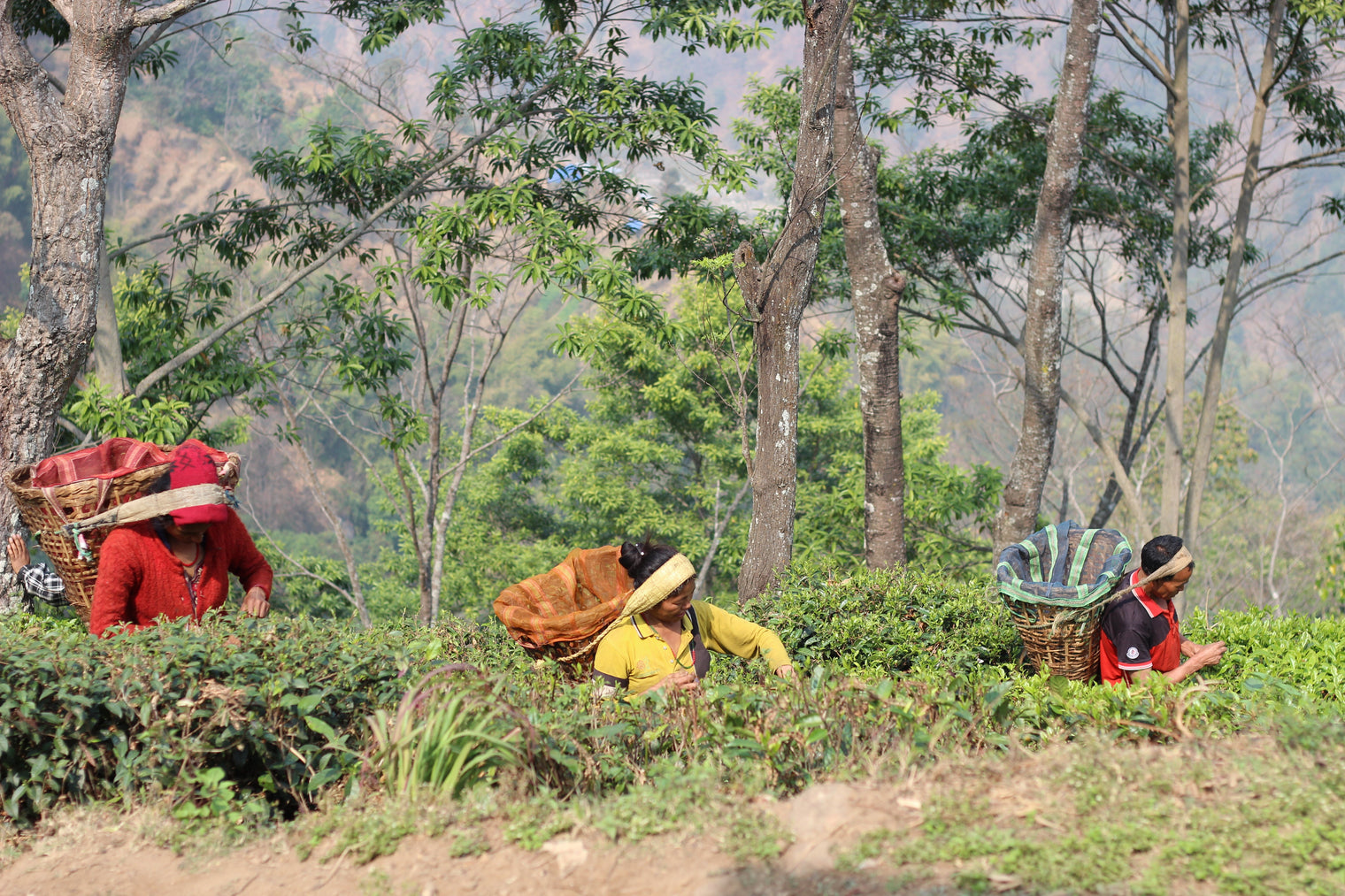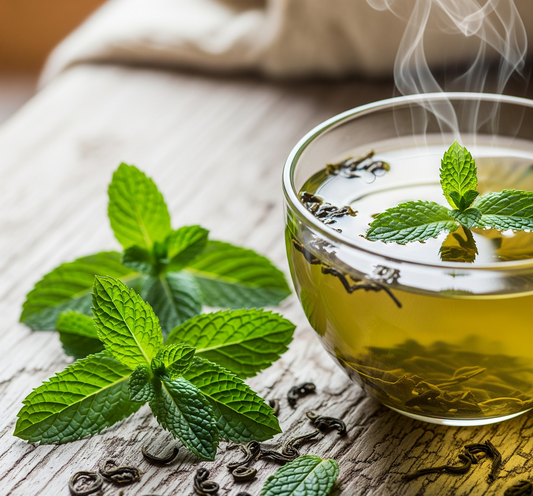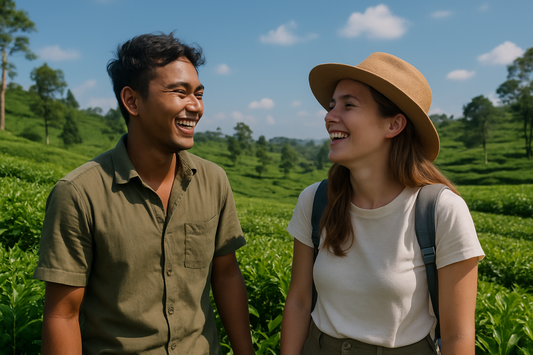Growing Recognition: Nepal teas gain popularity globally for their exceptional quality and contribution to local livelihoods.
Are you familiar with Nepal tea? Nepal is a country located in the Himalayas, and it is known for producing high-quality tea. Tea cultivation in Nepal began in the mid-19th century, and since then, the industry has grown significantly.
Nepal's tea production is centered on the eastern part of the country, particularly in the Ilam, Dhankuta, and Jhapa districts. The tea gardens in these regions benefit from the favorable climate, rich soil, and high altitudes, which contribute to the unique characteristics of Nepal tea.
- Nepal Tea: A Himalayan treasure with distinct flavors and organic cultivation practices.
- Unique Characteristics: From delicate white teas to robust black teas, Nepal offers a diverse range of flavors.
- Specialty Tea Selection: Explore Nepal's oolong, green, and white teas for an extraordinary tea experience.
- Overcoming Challenges: Nepal's tea industry strives to improve infrastructure and quality control measures.
- Growing Recognition: Nepal teas gain popularity globally for their exceptional quality and contribution to local livelihoods.
Nepal tea is primarily of the Camellia sinensis var. sinensis variety, similar to the tea grown in Darjeeling, India. As a result, Nepal tea shares some similarities with Darjeeling tea in terms of flavor profiles. However, Nepal teas also have their own distinct qualities.
The flavor of Nepal tea can vary depending on factors such as the altitude, season of harvest, and processing methods. Nepal produces teas that range from light and delicate to full-bodied and robust. Some Nepal teas have floral notes, while others may exhibit muscatel or fruity flavors.
In recent years, Nepal's tea industry has gained recognition for its organic and specialty teas. Many tea gardens in Nepal follow organic farming practices, which means that the teas are certified organic. This has attracted tea enthusiasts who prefer teas produced without the use of synthetic fertilizers or pesticides.
Nepal is also known for its production of specialty teas, including white tea, oolong tea, and green tea. These teas undergo specific processing methods that bring out their unique flavors and characteristics. For example, Nepal's white teas are often made from young tea buds and undergo minimal processing, resulting in a delicate and subtle flavor profile. Oolong teas from Nepal can range from lightly oxidized to heavily oxidized, offering a wide spectrum of flavors and aromas.
Nepal's tea industry has faced various challenges, including limited infrastructure, transportation difficulties, and the need for improved quality control measures. However, efforts have been made to address these issues and promote Nepal tea in the global market. The government and tea producers have collaborated to enhance processing facilities, introduce better packaging techniques, and establish direct trade relationships with international buyers.
Nepal tea has gained recognition and appreciation among tea connoisseurs worldwide for its distinct flavors, organic cultivation practices, and the contribution it makes to the livelihoods of local farmers. As a result, Nepal teas are becoming increasingly available in specialty tea shops and online platforms, allowing tea lovers to explore and enjoy the unique offerings of this Himalayan tea-producing region.
Nepal Tea vs. Darjeeling Tea: A Flavorful Journey through the Himalayas
Nestled in the majestic Himalayan Mountains, Nepal and Darjeeling are home to some of the world's most exquisite teas. With their unique flavors and rich histories, Nepal Tea and Darjeeling Tea have captured the hearts of tea enthusiasts worldwide. In this article, we'll explore the differences between these two tea varieties and discover why they're so highly sought after. So, grab your favorite teacup and let's embark on a flavorful journey through the Himalayas.
Nepal Tea: A Hidden Gem
Nepal Tea, also known as Nepali chai or Nepali chiya, is a hidden gem in the world of tea. Grown in the high-altitude regions of Nepal, this tea boasts a distinct flavor profile that sets it apart from its counterparts. With a delicate balance of floral, fruity, and earthy notes, Nepal Tea offers a unique and refreshing experience for tea lovers.
Notable Nepal Teas
Nepal offers a range of specialty teas that have gained popularity among tea enthusiasts. Here are some of the popular Nepali specialty teas:
Silver Needle (Guranse): A delicate white tea made from young tea buds, known for its subtle flavors and a sweet, floral aroma.
Himalayan Green Pearl (Jasbirey): A high-quality green tea with tightly rolled leaves, producing a smooth and refreshing cup with grassy and floral notes.
Himalayan Golden Black (Himalayan Shangri-la): A unique black tea with golden tips, featuring a rich and malty flavor, often compared to Assam teas but with its own distinctive character.
Himalayan Oolong (Kangra Hills Oolong): A semi-oxidized tea with a range of flavors, from light and floral to more complex and fruity, depending on the oxidation level.
Hand-Rolled Orthodox (Ilam Orthodox): A traditional hand-rolled tea, processed with care to preserve the leaf integrity and resulting in a smooth, mellow cup with a nuanced flavor profile.
Thunderbolt (Jun Chiyabari): A high-altitude specialty tea known for its vibrant and aromatic brew, offering a unique combination of floral, fruity, and muscatel flavors.
Jun Chiyabari Silver Tips: An exquisite white tea made from select buds, known for its delicate and velvety texture, with a subtle interplay of floral and honeyed notes.
Darjeeling Tea: The Champagne of Teas
Darjeeling Tea, often referred to as the "Champagne of Teas," is a world-renowned tea variety grown in the Darjeeling region of India. With its diverse range of flavors, from the delicate and floral Darjeeling first flush to the robust and full-bodied Darjeeling second flush tea, there's a Darjeeling Tea for every palate.
One of the most sought-after Darjeeling teas is the Darjeeling white tea, known for its delicate flavor and subtle sweetness. If you're looking to buy Darjeeling tea online, you'll find a wide selection of options, including organic Darjeeling tea and the popular Darjeeling Earl Grey.
Margaret's Hope: A Darjeeling Tea Legacy
Among the many Darjeeling tea estates, Margaret's Hope holds a special place in the hearts of tea connoisseurs. With a history dating back to the 19th century, this estate produces some of the finest Darjeeling tea leaves, including the highly prized Darjeeling Margaret's Hope.
Other Notable Darjeeling Teas
In addition to the classic Darjeeling tea varieties, there are several other noteworthy options to explore. Darjeeling oolong tea, for example, offers a unique flavor profile that combines the best of both worlds – the floral notes of Darjeeling tea and the earthy undertones of traditional oolong tea.
For those seeking a luxurious tea experience, Makaibari Silver Tips Imperial is a must-try. Produced at the Makaibari Tea Estate, this exquisite tea is made from the finest Darjeeling tea leaves, handpicked during the early morning hours.
Other popular Darjeeling teas include Lopchu Tea, Lipton Darjeeling Tea, and Tata Tea Gold Darjeeling, each offering its unique flavor profile and aroma. With such a diverse range of options, it's no wonder that Darjeeling tea leaves are highly sought after by tea enthusiasts worldwide.
Whether you're a fan of the delicate and floral Nepal Tea or the diverse and flavorful Darjeeling Tea, there's no denying that these Himalayan teas offer a truly exceptional tea-drinking experience. So, why not explore the world of Nepali Tea and Darjeeling tea today? With so many options to choose from, you're sure to find the perfect tea to suit your taste buds. Happy sipping!
How is Nepal Tea different from Darjeeling Tea?
Origin and Terroir: Nepal tea is grown in the eastern regions of Nepal, while Darjeeling tea comes from the Darjeeling district in the Indian state of West Bengal. The variations in soil, altitude, and climate contribute to differences in flavor profiles.
Flavor Complexity: While both Nepal tea and Darjeeling tea have a reputation for nuanced flavors, Nepal teas often exhibit a wider range of flavor profiles, including floral, fruity, and muscatel notes. Darjeeling tea, on the other hand, is known for its muscatel character and delicate, sometimes astringent, flavors.
Harvesting Seasons: Nepal teas are often harvested in multiple flushes, similar to Darjeeling tea. However, Nepal's geographical location and climate variations result in unique seasonal flushes and different flavor profiles compared to Darjeeling tea.
Organic Certification: Nepal's tea industry has a significant focus on organic cultivation practices, and many tea gardens in Nepal are certified organic. This emphasis on organic production sets Nepal teas apart from Darjeeling teas, where organic certification may vary among gardens.
Market Presence: While Darjeeling tea has a longer history and more established global market presence, Nepal teas have been gaining recognition in recent years. Nepal's specialty and organic teas are increasingly sought after by tea enthusiasts, offering a distinct alternative to Darjeeling tea.
Final Words,
while both Nepal Tea and Darjeeling Tea share some similarities due to their geographical proximity and the use of the same tea plant variety, they have distinct characteristics that set them apart. Nepal Tea offers a wider range of flavor profiles, thanks to its diverse terroir and processing techniques.
The emphasis on organic cultivation practices and the growing recognition of Nepal teas contribute to their increasing popularity among tea connoisseurs globally.
Whether you prefer the delicate and floral notes of Nepal Tea or the muscatel flavors of Darjeeling Tea, both options provide an exceptional tea-drinking experience worth exploring.




